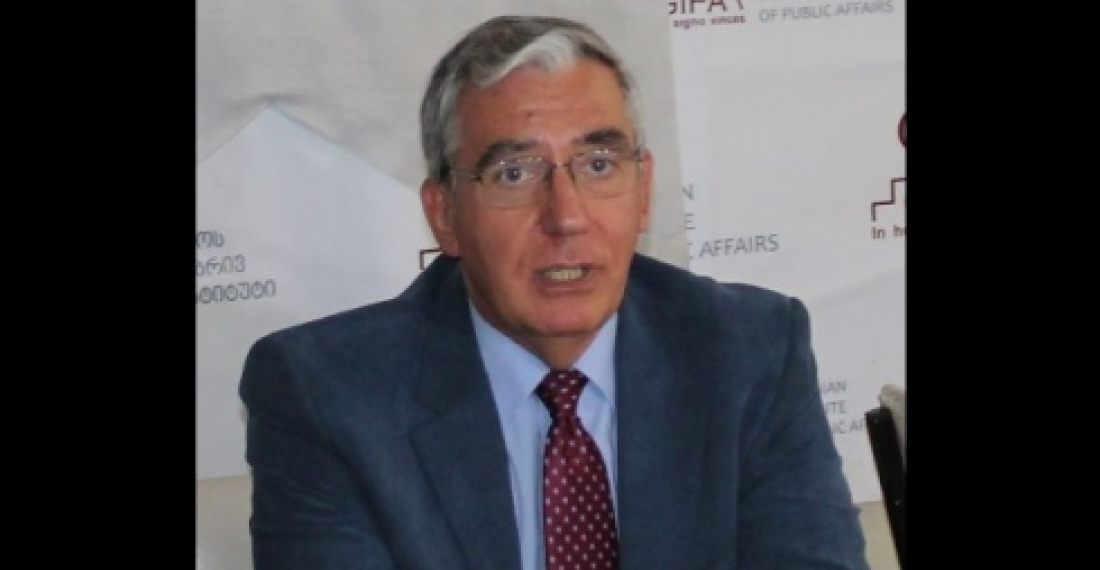Commonspace.eu regrets to announce the death of Professor George Khutsishvili, founder and director of the Tbilisi based International Center on Conflict and Negotiation (ICCN) He died on Friday whilst attending a meeting at Tbilisi State University.
The following is a short tribute by the Executive Director of LINKS and Managing Editor of commonspace.eu Dennis Sammut:
"The sudden death of George Khutsishvili came as a shock to me and to all those familiar with the think-tank community in Georgia. I knew George since 1995 as an indefatigable activist in support of the peaceful resolution of conflicts in the region, as well as broadly in support of freedom and human rights. His positions were always correct and honourable and he had the respect of all colleagues who truly believed in those values. He worked hard to build ICCN into an effective think-tank focusing mainly on conflict resolution. He was over the years a good colleague and partner, and the last time we met earlier this year we talked about what we could be doing in the future in the changing situation in the Caucasus region. His personality and strong intellectual contribution will be much missed."
The editorial team of commonspace.eu expresses its condolences to the family and friends of Professor Khutsishvili and to the staff of ICCN. May he rest in peace.
source: commonspace.eu







